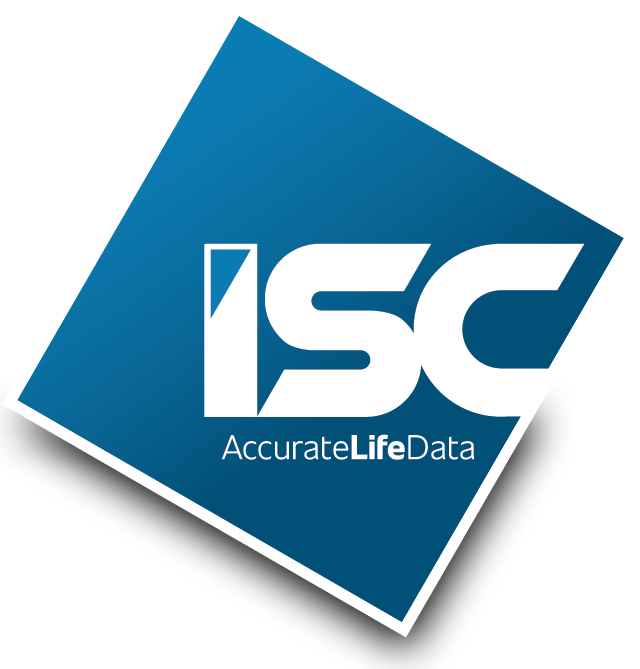Recently, an “article” (the piece was more of a personnel update) included a statement from a former employee of an investment firm concerning the “ethical aspect” of life settlements. The statement, made by the employee, seemed to blame the asset class for the employee’s inability to perform in their role. In other words, “if I can’t sell it, it’s the product’s fault.” To be fair, the statement also attributes to some investors a concern that the asset class is somehow ethically questionable.
Understanding Life Settlement Transactions
If it’s true that in the eyes of some investors, life settlements, which are simply life insurance policies, are somehow morally suspect, it reveals an extremely myopic and unsophisticated misperception of the asset class. Life settlements have been, and based on this statement, are still misunderstood by some because life insurance (and many other forms of insurance) is not well understood. However, the inability to understand something is never a valid reason to mischaracterize it. If you don’t “get it,” say so, but saying your misperceptions are driven by “ethical” concerns about an asset class (e.g., life insurance) that has been in existence for hundreds of years is quite simply a cop-out.
Investor Ethics
The consumer benefits of life settlements are well and widely known — to those who understand them. The benefits to investors are demonstrable such that billions of dollars have been invested with asset managers situated all over the globe for well over three decades. Investors seeking attractive uncorrelated returns and diversification, to name just two features of a well-managed portfolio of life settlements, continue to be attracted to the asset class — and they are demanding more of the same. Only those who either cannot or will not concede that life insurance, and by extension life settlements (again, at its core a life settlement is a life insurance policy), earned its rightful place in the universe of legitimate alternative investments long ago. While the ill-informed may continue to raise unspecified “ethics questions” as an excuse for ignoring its value to consumers and investors alike, life settlements are NOT “ethically impaired.”
Uncovering the Uncomfortable
What is it that bothers those who say such broad and unsupported things so often? Is it that part of the human condition is that everyone dies, and that fact is uncomfortable? Is it that life insurance is sold based primarily on need in a world driven by want, and admitting to wanting is somehow “unethical” (albeit entirely human)? Is it that the sellers who receive many times the cash surrender value of the policies they sell have been given that choice by a free market, and the life settlement market being part of that is somehow worrisome? Or is it that death is something that many businesses and industries are driven by, but only life insurance is as transparent about this fact of life as it is? Granted, death is an uncomfortable topic, but it is also something everyone experiences as a part of life.
RELATED: Who Benefits from Micro-Longevity Assessments?
Life insurance is a financial instrument specifically designed to address the risk and uncertainty associated with when death occurs, not if death will occur. In fact, it is the only form of insurance that comes to mind that covers an event that is guaranteed to occur. Auto insurance, homeowner’s insurance, even health insurance, never pay a claim if the insured avoids having a car accident, or their home is never damaged, or they remain healthy throughout their lives. Unlike these other forms of insurance, life insurance is a unique and valuable asset, and policy owners and investors who understand this critical distinction can choose to meet in a regulated marketplace to exchange it. This is neither an ethical matter, nor is it questionable. Every beneficiary of every life insurance policy that ever paid a claim gets money when the insured dies. That’s how life insurance works. It does not follow that beneficiaries are ethically suspect for being beneficiaries, and since life settlements are life insurance policies first and foremost, owning them and benefiting from that ownership is NOT ethically questionable.
Asking the Important Questions
Yes, investors collect policy benefits when insureds die, just as health care providers collect payments whether patients they treat live or die. Yes, the precipitating event is uncomfortable to contemplate (though most of us do so from time to time), but it is life settlements that afford the consumer the opportunity to benefit from an asset while they are living, if they so choose. The lives of thousands and thousands of policy owners and consumers have benefited directly from this marketplace to the tune of billions of dollars, while thousands of investors have earned significant, uncorrelated returns in the asset class as well. The only truly ethical question to ask is: why don’t more investors take the time to truly understand the life insurance asset class?
If you have questions about how ISC Services produces accurate, individualized reports for life settlement transactions, contact us today.




